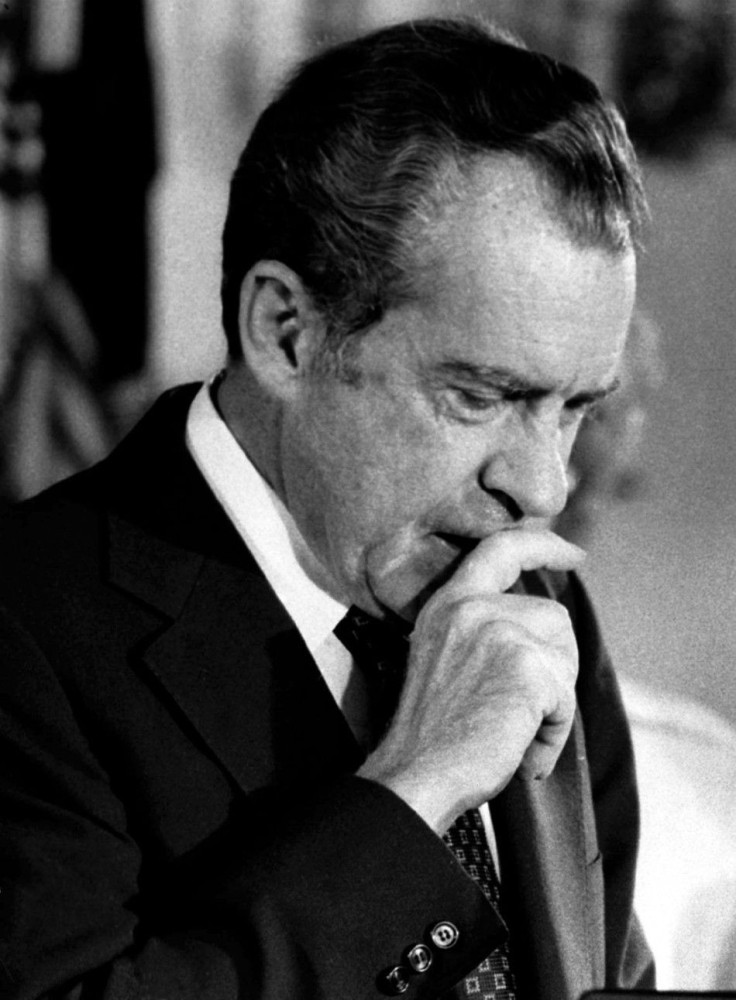Nixon?s Secret Watergate Testimony to be Released: Judge

A Federal Judge on Friday ordered the release of the transcripts of the 36-year-old secret testimony that former President Nixon gave to the grand jury following the infamous Watergate scandal. The transcripts will enable historians and scholars to gauge the extent of Nixon's role in the affair - a subject of popular speculation.
U.S. district Judge Royce Lamberth granted a request by historian Stanley Kutler, and others to unseal the testimony given on June 23 and 24 in 1975 reports Reuters.
Nixon was questioned about the political scandal during the 1970's resulting from the break-in of the Democratic National Committee headquarters at the Watergate office complex in Washington, D.C.
Five men were arrested for breaking and entering the headquarters and FBI traced funds given to the burglars to a slush fund used by the 1972 Committee to Re-elect the President. As evidence mounted against the President's staff ,it was revealed that President Nixon had a tape recording system in his offices and that he had recorded many conversations. Recordings from these tapes implicated the president, revealing that he had attempted to cover up the break-in. U.S. Supreme Court ruled that the president had to hand over the tapes; he ultimately complied. Fearing a sure-shot impeachment Nixon finally resigned on Aug 9, 1974, the only resignation of any U.S. President. Several of Nixon's administration officials were tried, indicted and incarcerated following the scandal.
In June 1975 Nixon testified from his home and answered questions about the 18-and-a-half minute gap in a White House recording of his conversation with a top aide after the break-in as well as altering the tape transcripts and paying the IRS to harass political foes.
It is unclear when the transcripts will be made public since Obama administration's Justice Department, which was opposed to releasing Nixon's testimony citing the privacy interests of individuals named in the testimony, has the option of asking a federal appeals court in Washington to intervene. However Judge Royce Lamberth dismissed the Departments argument saying that privacy interests would not be harmed as Nixon and other prominent figures mentioned were dead. Moreover surviving figures had spoken publically or testified under oath about their involvement.
'Watergate significance in American history cannot be overstated,' Judge Lamberth wrote. 'The disclosure of (his) grand jury testimony would likely enhance the existing historical record, foster scholarly discussion and improve the public's understanding of a significant historical event.'
Allison Zieve, director of the Public Citizen Litigation Group and the lead attorney for those seeking the testimony, said releasing the transcript will be a significant step toward completing Watergate's historical record.
"President Nixon's knowledge of the events and role in the cover-up remains a subject of speculation for historians, journalists and others," she said in a statement.
© Copyright IBTimes 2024. All rights reserved.











